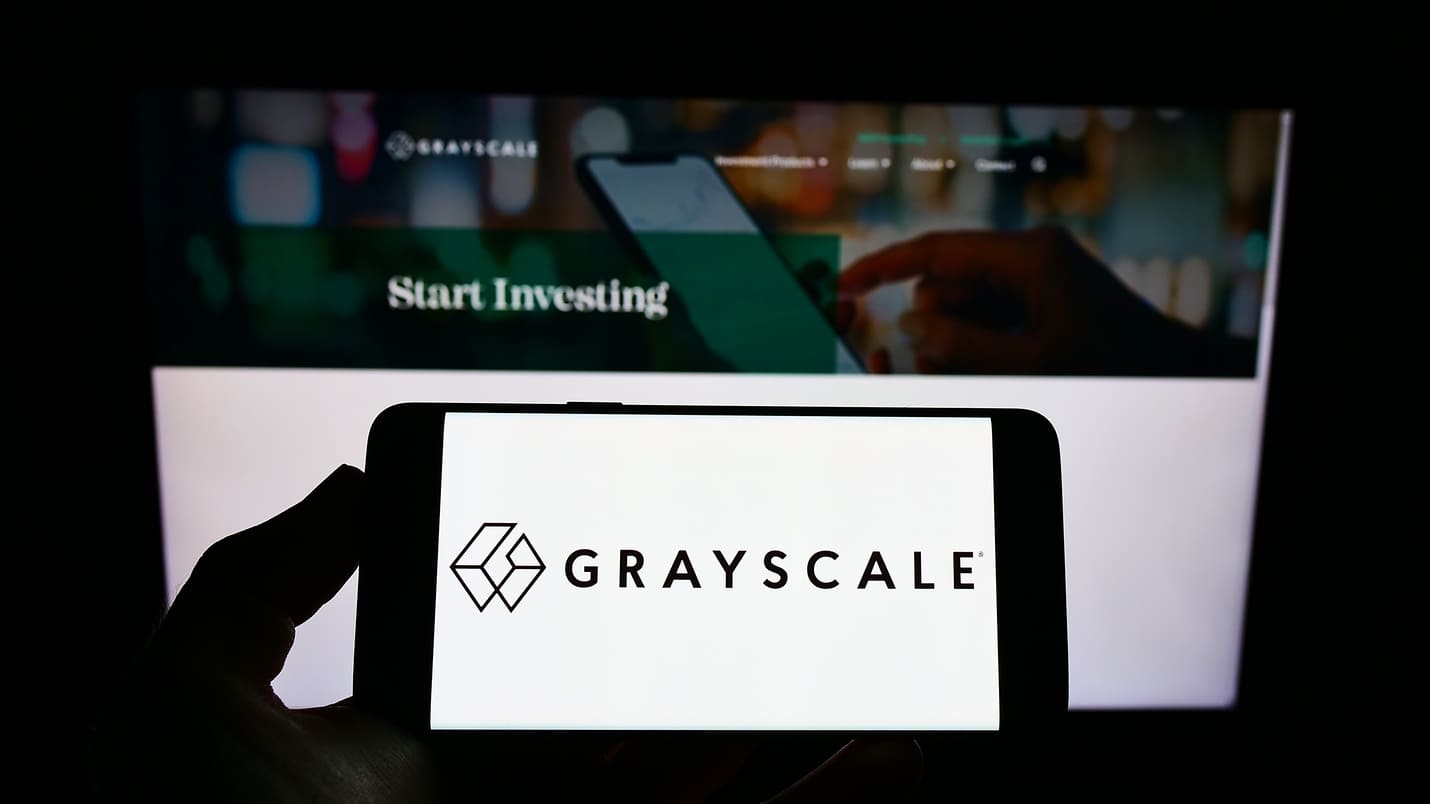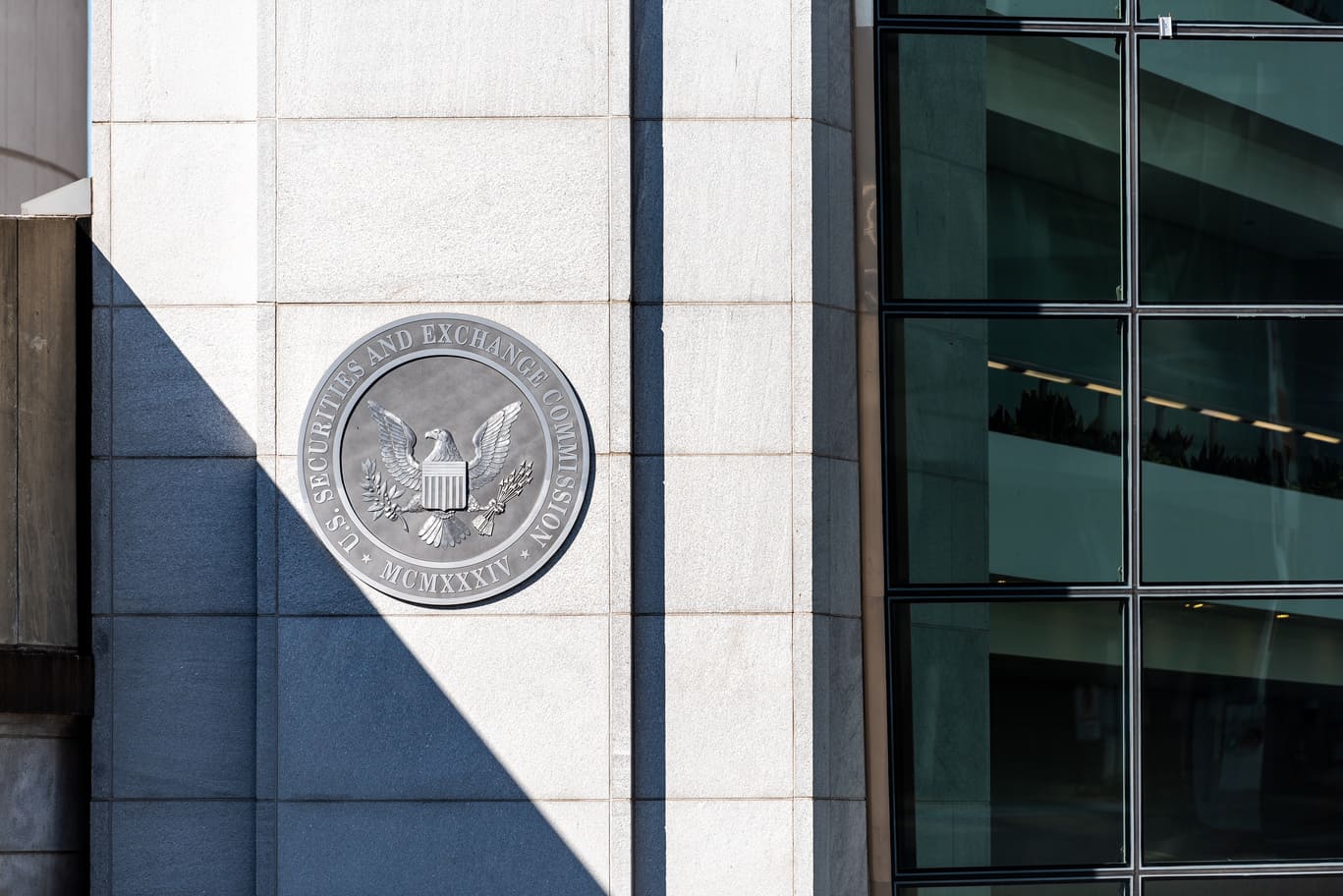
Crypto Industry Clashes Over Proposed Regulations on Broker Reporting
Proposed regulations spark fierce opposition amid concerns over broader definitions and privacy infringements.
The cryptocurrency world is currently embroiled in a fierce battle against impending regulations that seek to broaden the range of entities required to disclose certain crypto transactions. These proposed regulations by the Treasury and the Internal Revenue Service (IRS), which are seen as a threat to decentralized finance and raise constitutional concerns, have sparked a strong backlash.
Unveiled in August, the proposed regulations propose treating crypto brokers similarly to traditional investment brokers who deal with stocks and bonds. This has resulted in over 124,000 responses, with 2,000 submitted in just the last two days. Critics contend that these regulations overly expand the definition of a broker.
At a recent IRS hearing, representatives from the crypto industry, including a tax preparer from a small firm, outlined the potential fallout from these proposed rules. Marisa Copel, Senior Counsel from the Blockchain Association, argued that the proposal’s broad scope particularly impacts decentralized finance and should be limited to centralized entities. She pointed out that DeFi protocol developers and non-custodial wallet providers, due to their technological structure, cannot comply as they facilitate user connections without acting as a broker. This lack of access to necessary reporting information could potentially force U.S.-based decentralized projects to shut down or move overseas. Copel also raised “several constitutional concerns,” highlighting ambiguous definitions and privacy issues within the proposal. She suggested a phased approach by the Treasury, starting with centralized trading platforms and then working with DeFi participants to develop feasible solutions.
Lawrence Zlatkin, Vice President of Taxes at Coinbase, shared these concerns, expressing apprehension about the potential implementation of the rule and foreseeing burdensome and repetitive reporting requirements. The exchange had previously estimated that including stablecoins and other digital asset activities in broker reporting could result in billions of annual filings, diverting both the IRS and taxpayers from addressing real tax liabilities.
However, amidst the opposition, there were voices advocating for regulatory advancement. Ryan Leverett, a tax preparer at a small firm, underscored the need for the proposed regulation to curb fraudulent activities in the crypto space, citing instances of misconduct by companies like FTX. Leverett viewed the regulation as a significant step toward regulating the currently unregulated nature of digital assets. On the other hand, the DeFi Education Fund criticized the proposal for overstepping constitutional boundaries, framing the Treasury’s initiative as the creation of a new category of intermediary, termed a “digital asset middleman.” This characterization could potentially label every participant in the blockchain technology stack as a broker.
In the midst of the flood of responses, numerous submissions—some anonymous—called on the Treasury to strike a balance between transparent reporting and protecting individual privacy and cybersecurity. One emphasized the need for privacy protection while praising efforts to streamline reporting, highlighting the delicate task of preserving citizens’ rights and liberties.
In this ongoing debate, the conflict between regulatory intent, constitutional safeguards, and the innovative landscape of the crypto industry remains a central issue, necessitating a careful balance between oversight and preserving the foundational principles of privacy and decentralization.





